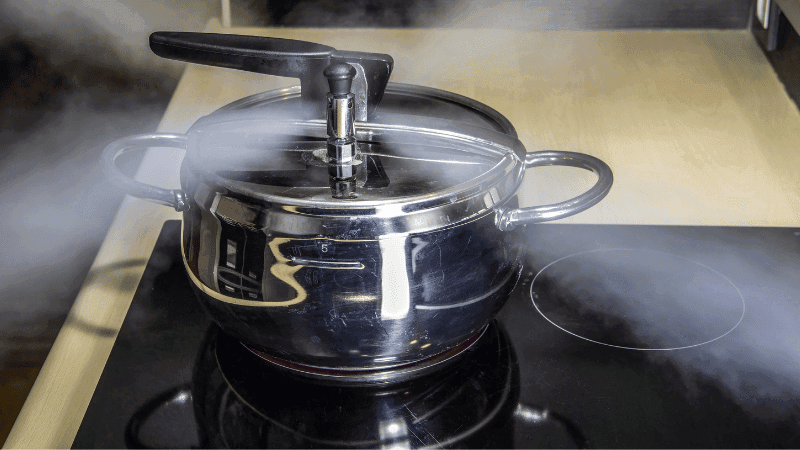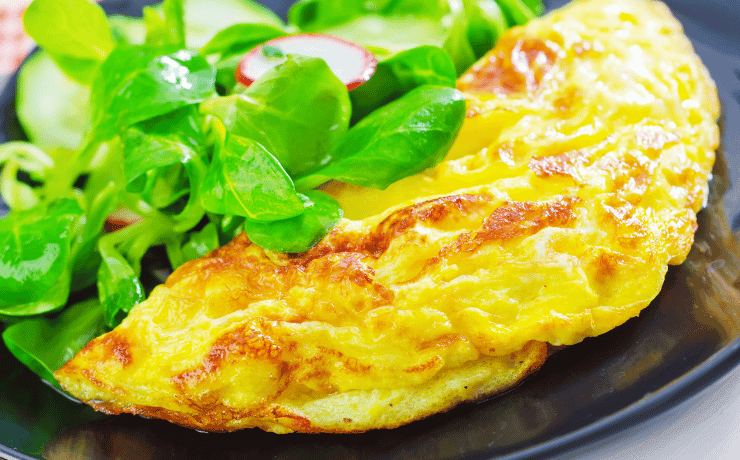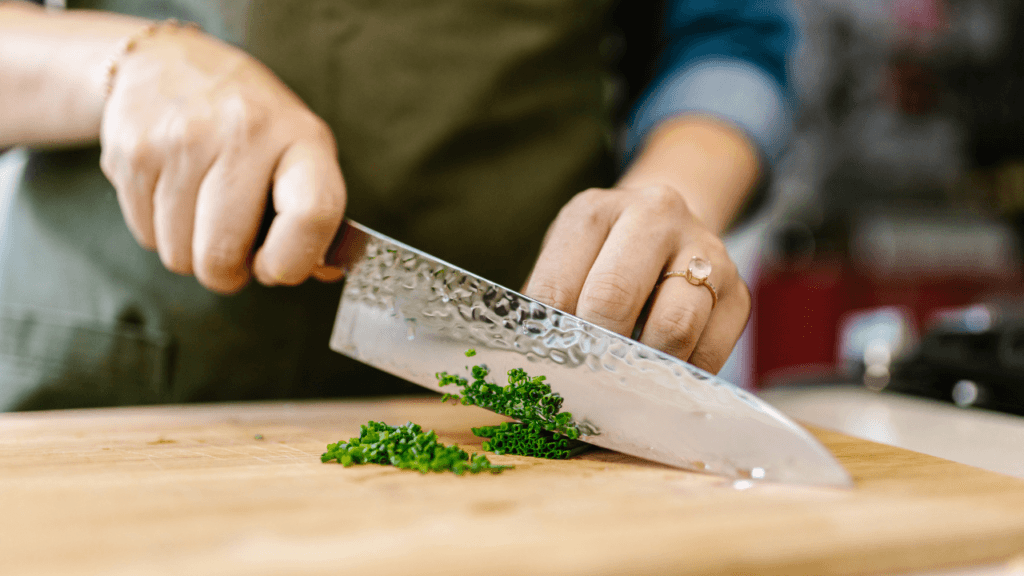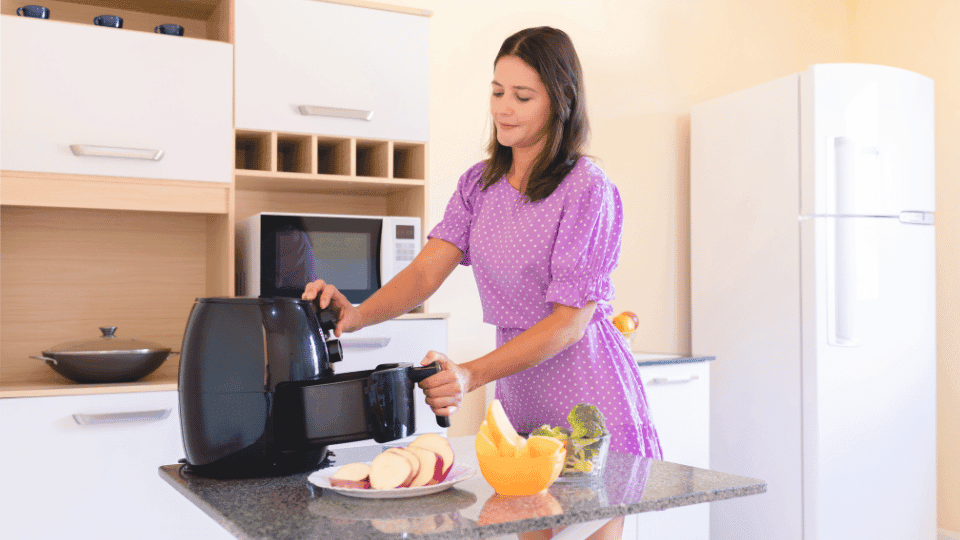In today’s fast-paced world, pressure cookers have become a staple in many kitchens, promising quick and convenient meals with minimal effort. However, amid the convenience, there’s often a lingering concern about whether pressure cooking is truly healthy. In this comprehensive guide, we’ll explore the ins and outs of pressure cooking to determine its impact on nutrition and safety.
Contents
What is Pressure Cooking?
Pressure cooking is a cooking method that utilizes steam pressure to cook food quickly. By sealing food and liquid inside a pot and heating it to a high temperature, pressure cookers can drastically reduce cooking times compared to traditional methods.

How Pressure Cookers Work
Pressure cookers work on a simple principle: when water or liquid inside the pot reaches its boiling point, steam is produced, increasing the pressure inside the cooker. This high pressure raises the boiling point of water, allowing food to cook at higher temperatures, thus speeding up the cooking process.
The Health Benefits of Pressure Cooking
Contrary to popular belief, pressure cooking can help retain more nutrients in food compared to other cooking methods. Here are some of the key health benefits associated with pressure cooking:
Retention of Nutrients
Because pressure cooking significantly reduces cooking time, fewer nutrients are lost during the cooking process. This means that vitamins, minerals, and other beneficial compounds are better preserved in pressure-cooked meals.
Preservation of Flavors and Textures
The sealed environment of a pressure cooker helps lock in flavors and moisture, resulting in dishes that are more flavorful and tender.
Reduction in Added Fats and Oils
With pressure cooking, there’s often no need to add extra fats or oils to keep food from sticking to the pot. This can lead to healthier meals with lower fat content.
Retention of Vibrant Colors in Vegetables
Pressure cooking vegetables quickly helps them retain their vibrant colors and crisp textures, making them visually appealing and nutritious.
Common Concerns and Misconceptions
Despite its benefits, pressure cooking is sometimes met with skepticism due to several common concerns and misconceptions:
Myth: Pressure Cooking Destroys Nutrients
While it’s true that some nutrients may be lost during cooking, pressure cooking actually preserves more nutrients compared to boiling or steaming, thanks to shorter cooking times and reduced exposure to heat and water.
Myth: Pressure Cookers are Dangerous
While pressure cookers do require caution and proper handling, modern models are equipped with safety features to prevent accidents. Following the manufacturer’s instructions and using the cooker correctly significantly reduces any risks.
Myth: Chemical Leaching from Materials
Some people worry about chemicals leaching from the materials used in pressure cookers. However, reputable manufacturers use materials that are safe for cooking, such as stainless steel or aluminum with non-toxic coatings.
Tips for Healthy Pressure Cooking
To get the most out of your pressure cooker while ensuring healthy and delicious meals, consider the following tips:
Use High-Quality, Fresh Ingredients
Start with fresh, high-quality ingredients to ensure the best flavor and nutritional value in your pressure-cooked meals.
Avoid Overcooking:
Pay attention to cooking times and release pressure promptly to avoid overcooking your food, which can lead to loss of nutrients and undesirable textures.
Properly Release Pressure Before Opening
Always follow the manufacturer’s instructions for releasing pressure safely before opening the cooker to prevent accidents and ensure food is cooked evenly.
Regular Maintenance and Cleaning
Keep your pressure cooker in good condition by cleaning it regularly and checking for any signs of wear or damage. This helps ensure safe and efficient cooking.
Potential Risks and Precautions
While pressure cooking is generally safe when done correctly, there are some potential risks to be aware of:
Risks Associated with Improper Handling or Malfunctioning Equipment
Mishandling or using a damaged pressure cooker can lead to accidents such as burns or explosions. It’s important to always follow safety precautions and inspect your cooker regularly for any signs of damage.
Safety Precautions When Using a Pressure Cooker
Never attempt to force open a pressure cooker or override safety mechanisms. Always use the appropriate amount of liquid and ensure the cooker is properly sealed before cooking.
Importance of Following Manufacturer’s Instructions:
Each pressure cooker may have specific guidelines for safe operation. Be sure to read and follow the manufacturer’s instructions carefully to avoid accidents and ensure optimal cooking results.
FAQs
Does pressure cooking kill all bacteria?
Pressure cooking at the right temperature and pressure can effectively kill most bacteria, making food safe to eat.
Can pressure cooking destroy nutrients in food?
While some nutrients may be lost during cooking, pressure cooking generally retains more nutrients compared to traditional methods due to shorter cooking times.
Are there any safety concerns with pressure cookers?
Like any kitchen appliance, pressure cookers require proper handling and maintenance to ensure safety. Following the manufacturer’s instructions and using the cooker correctly significantly reduces any risks.
Can I use a pressure cooker for all types of food?
Pressure cookers are versatile and can be used for a wide range of foods, including grains, meats, vegetables, and even desserts. However, certain delicate foods may not fare well under high pressure and should be cooked using other methods.
Is it safe to leave a pressure cooker unattended?
It’s important never to leave a pressure cooker unattended while it’s in use. Monitoring the cooking process ensures safety and prevents accidents.
Conclusion
In conclusion, pressure cooking can be a healthy and convenient way to prepare meals, offering numerous benefits such as retained nutrients, enhanced flavors, and shorter cooking times. By following safety guidelines, using high-quality ingredients, and maintaining your pressure cooker properly, you can enjoy delicious and nutritious meals with confidence. So, embrace the versatility of your pressure cooker and cook up a storm in the kitchen!



